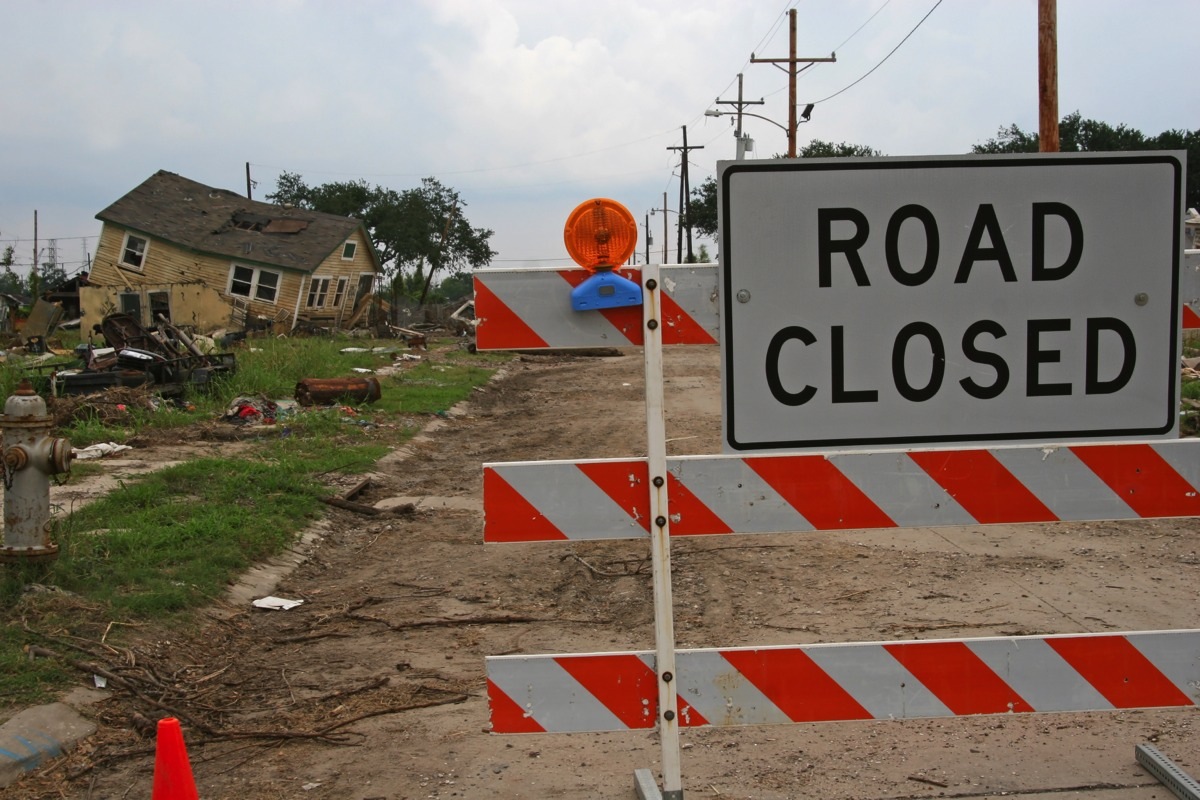Connecting state and local government leaders
What have states and localities learned about mass disruption emergencies and adapting to risk in the decade since the crisis in New Orleans and the Gulf Coast?
A few months before Hurricane Katrina brought its unprecedented levels of destruction and disruption 10 years ago, two friends of mine were getting ready to go on a trip to New Orleans. I told one of them, jokingly, that they should experience the Crescent City “before it was destroyed by the next big hurricane.”
Around that time, I had been re-reading some articles about Hurricane Pam, a disaster simulation for Southeast Louisiana developed by the Federal Emergency Management Agency in conjunction with other federal, state and local stakeholders in 2004.
With Pam, New Orleans, much of which sits below sea level, and surrounding areas were inundated by storm surge from a powerful hurricane that overwhelmed the region’s network of flood defenses, including levees that protect New Orleans.
As Government Executive points out in its Katrina 10th anniversary series, with the Hurricane Pam scenario “the results were not encouraging. A year later, officials found themselves grappling with the all-too-real Hurricane Katrina.”
As Katrina moved inland, it had appeared initially that New Orleans had grazed a bullet with the Mississippi coast bearing the brunt of the powerful storm. But then, Lake Pontchartrain and canals that cut through the city began filling the city with water through levee failures.
In the days, weeks and months following the hurricane, there was true horror from the slowly unfolding human tragedy, which claimed the lives of an estimated 1,800 people in five states. In New Orleans, more than 1,400 people died, many of them elderly and unable to seek safety as floodwaters slowly spread over 80 percent of the city.
Various levels of government failed to manage the crisis in an effective way, especially in New Orleans, where 400,000 residents were displaced, either leaving the city temporarily or permanently, many resettling in places like Baton Rouge, Houston and Dallas among the larger “Katrina Diaspora” nationwide.
With the 10th anniversary of the storm, much of the focus on Katrina has been on how much New Orleans and the Gulf coast have and haven’t recovered and how they’ve changed since Katrina’s intertwined natural and manmade disasters disrupted, displaced and destroyed so much.
At Route Fifty, we wanted to ask a few Katrina-related questions, 10 years later, as well:
- What has the rest of nation learned from dual natural and manmade disasters that played out in Louisiana and the Gulf Coast?
- How are states, cities and other localities adapting to the challenges posed by natural and manmade hazards, including future disruptive impacts that will come with climate change?
- And are we ready to face the next Katrina-sized disaster in an urbanized area, including the displacement of tens of thousands, or hundreds of thousands of people?
The next Katrina may not be a massive hurricane hitting a heavily populated area—though it certainly could be. It could also be an earthquake or volcanic eruption. It could be the massive failure of a municipal water system or regional power grid. It might be an unexpected pipeline rupture or hazardous freight rail explosion in an urban area. It could involve the failure of our physical infrastructure during a disaster.

Down the road, a future Katrina could be a crippling assault on the complex digital infrastructure that our cities and localities increasingly rely on. A future Katrina could also simply be the failure to react and respond to known and inevitable threats.
Are we ready?
In the coming days, Route Fifty will be featuring stories from around the nation about resilient state and local governments, the risks they face staring down future disasters, disruptions and other hazardous threats, whether they're natural or manmade (or both).
This will include features on resiliency efforts by places like New York City and Norfolk; the impacts of the Federal Emergency Management Agency’s flood maps on cities and localities; and the most worrisome disaster and emergency management scenarios around the nation, including ones you might be unaware of.
RELATED STORIES ON ROUTE FIFTY:
- "Harsher Storms and Rising Waters Are Forcing Norfolk to Sink or Adapt" | By Dave Nyczepir
- "New York City Will Spend $100 Million to Protect Lower Manhattan From Floodwaters" | By Bill Lucia
Michael Grass is Executive Editor of Government Executive’s Route Fifty.

NEXT STORY: NYC Will Spend $100 Million on Walls and Other Measures to Block Lower Manhattan From Floodwaters




